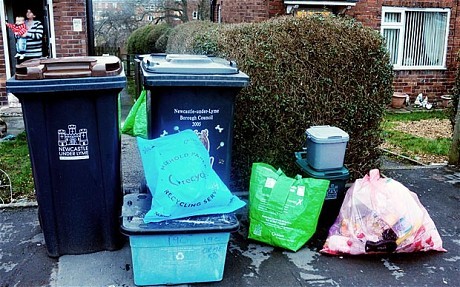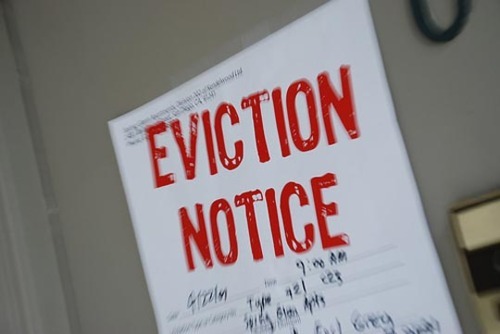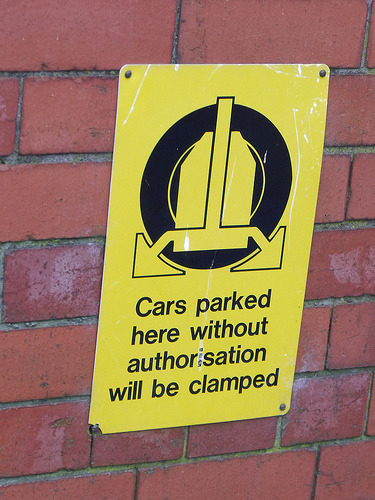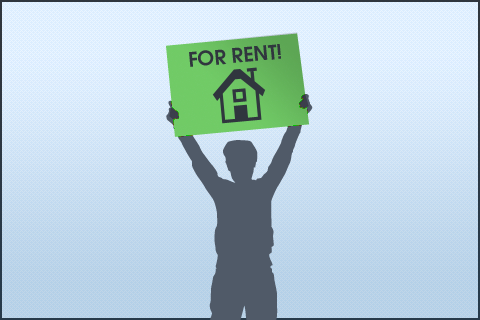
Waste collection has been in the news recently but for the wrong reasons. Much attention has been given to the Dublin City Council/ Greyhound Recycling and Recovery Ltd switchover debacle, which left thousands of rubbish bags and bins on the streets for an unacceptable amount of time and much confusion over fees to be paid, collection dates and information packs from Greyhound giving conflicting information to what was posted on their website. Problems with collections still persist, with this author having personal experience of collections at erratic times, rubbish building up on the street because the bags were left for so long that the local cats and urban fox had the chance to rip them during their scavenging excursions and even non-collections despite them being able to collect the bags the previous few times. Safe to say, the situation is a mess.

Perhaps the property you’re handling is one of the lucky ones, with reliable collections once the details are in order. You’re going about your job as usual and you get a phone call from a new tenant. (S)he informs you that the bins were due to be collected, but haven’t been and is rather irate at the thoughts of rubbish building up. You then realise the account wasn’t set up. You had fully intended to, but a rather stressful situation distracted you and you completely forgot. Instead of getting flustered, handle the situation by doing the following:
• Sincerely apologise to the tenant for the mistake, and ensure him/her that it will be sorted immediately. Dealing with the problem quickly will ensure that the damage to your relationship is minimal
• As soon as the call has ended, call the relevant collector and get the account set up. Explain the situation and try to arrange for the waste to be collected that day
• Call the tenant back and inform them that the account has been set up and the collection is organised
With experience of my own bins not being collected on a couple of occasions I know how annoying it can be to have waste building up outside of the wheelie bin.
Please feel free to comment, share, tweet or follow us
You might also be interested in reading – How to read your electricity account
Thanks for reading!!
by Andreas Riha











